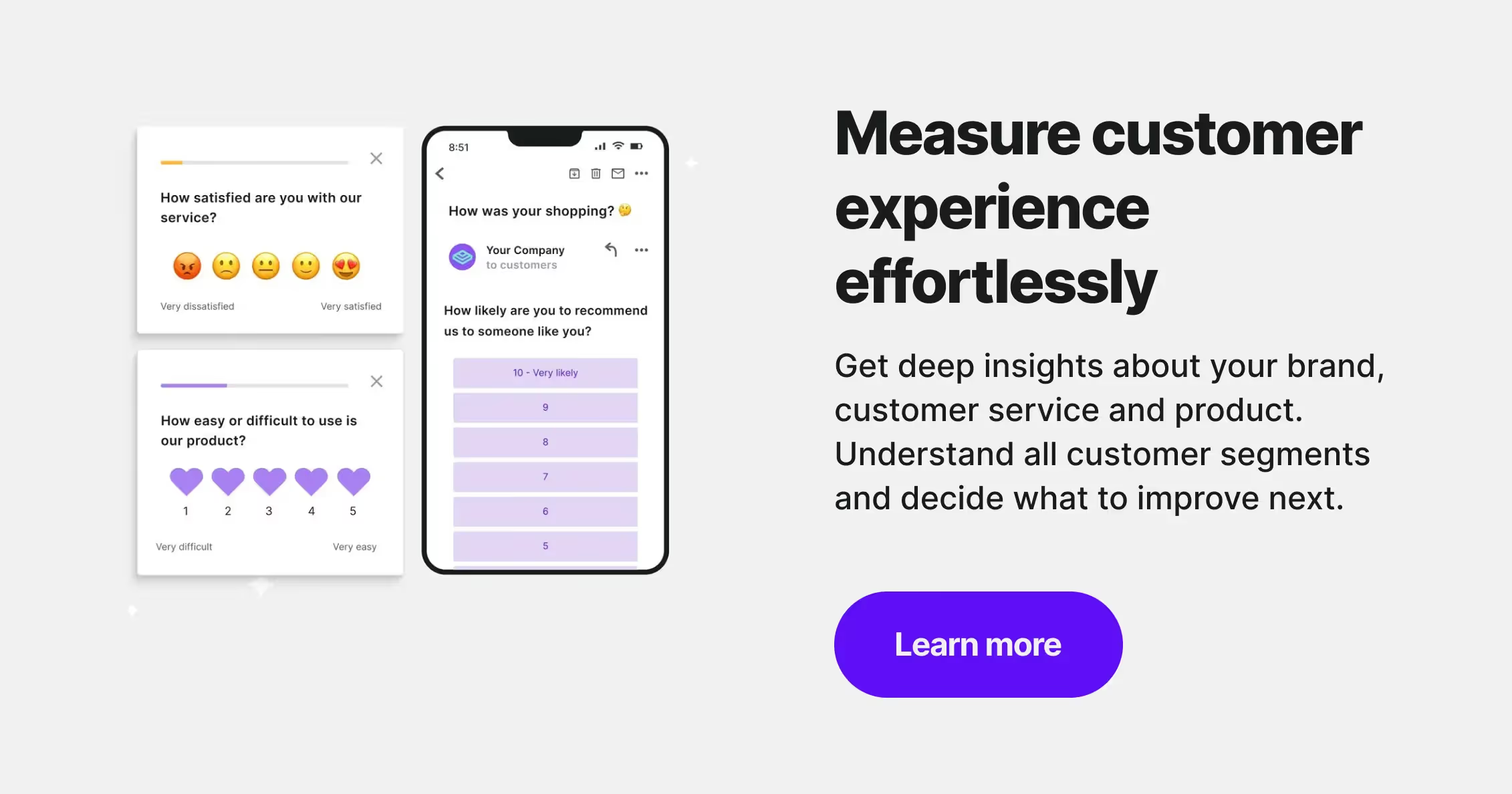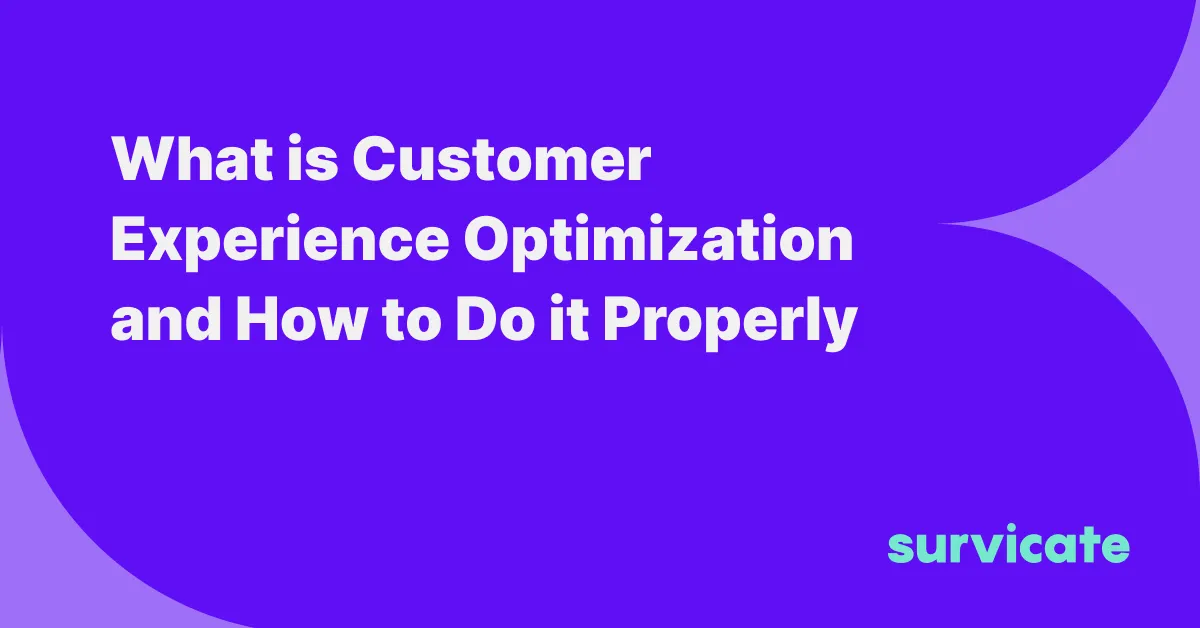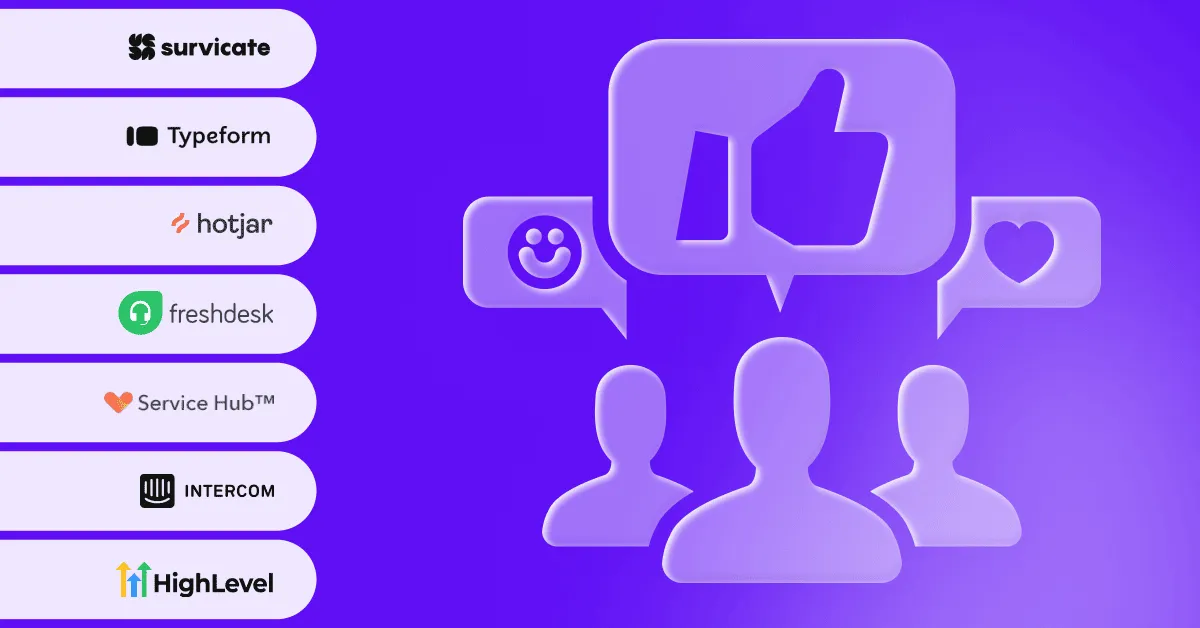Multiple neuroscience studies show that emotions play a vital role in decision-making. When confronted with a decision, we use previously established emotions to evaluate the options we are considering.
Learn about emotional motivators that make customers come to you instead of your competitors. By doing this, you will better understand why a customer buys from you and not someone else.

The Role of Emotion in Consumer Behavior
According to the Advertising Research Foundation findings, a measure referred to as likability determines whether an ad will increase a brand's sales. The research shows a consumer's emotional response to an ad has a greater influence on decisions than the ad's content.
Studies also reveal that positive emotions have a more significant impact on customer loyalty than other customer satisfaction metrics. Even fMRI scans show we evaluate brands based on emotion!
Consequently, consumers prefer buying brand-name products over products from generic brands. A nationally recognized brand knows it needs to connect with consumers emotionally.
A brand is just a mental representation of a product in consumers' minds. Therefore, consumers are more likely to become loyal customers if that mental representation is rich with emotional content rather than just featuring the attributes of a product.
To find out how users feel about your app, try this User Experience Survey Template by Survicate:
Feel free to check out other user experience survey templates.
You can create an emotional connection with consumers through a compelling brand narrative. The narrative tells a story about your brand and why consumers should care.
It should serve as a foundation for the emotions your brand entices. And this is exactly what drives consumers toward a purchase decision. Evidently, emotion plays a vital role in consumer behavior, and brands should focus on leveraging it.
Humanizing the Customer Experience
Today, consumers have the power to learn almost anything they want about a company, brand, product, or service.
Social media enables us to be a part of public discourse on a myriad of topics, ranging from lifestyle to politics. So when it comes to their digital and physical interactions with brands, modern consumers expect special treatment.
They want brands that are personal, responsive, helpful, and have contextual awareness. In other words, consumers expect brands to treat them as friends.
Therefore, brands need to listen attentively to the consumers and engage with them appropriately. According to research, 70% of consumers think their relationship with brands implies providing feedback.
And they expect brands to be highly responsive to that feedback, as 62% feel they have a special relationship with a company.
Consumers are aware brands are listening to their feedback. But two out of three consumers expect brands to adapt communications and offerings based on that feedback.
Like friendships, customer relationships can take time to develop. 76% of loyal customers say they've been with a brand for over 4 years. By humanizing the customer experience, brands can speed up converting new customers into emotionally invested loyalists.
75% of consumers expect brands to contextualize and personalize interactions based on their service histories. To create an emotionally intelligent company, brands need a new approach to tech, data, governance, and processes to add a layer of empathy, responsiveness, and context into their customer interactions.
Brand Consistency Evokes Positive Emotions
Friendships are built on trust, and the same goes for the relationship between consumers and brands. What customers expect from a brand is a predictable, memorable, and, most importantly, consistent experience at every touchpoint.
Moreover, customers demand reliable and outstanding customer service. A staggering 72% of consumers prefer talking to a store associate or a customer support agent over automated solutions, and 39% report switching brands after they had a bad experience.
If you break an emotional bond with a customer, they will start reasoning. The majority will stop doing business with a brand due to wrong orders or high prices. But most customers will remain loyal if the brand offers an honest response.
Research shows that 77% of consumers will stay with your brand if you address complaints in an empathetic way. To ensure quality service, brands can implement complaints handling procedures. By doing this, brands can convert dissatisfied customers into satisfied ones.
Check out this churn survey template by Survicate to find out why users leave:
Furthermore, brands should encourage customers to give feedback and use it to improve the CX.
Trust is the foundational element behind any genuine emotional connection, and consistency is its driving force. By creating consistent experiences, brands can further their relationships with customers, build stronger loyalty, and even gain forgiveness for making mistakes.
If you capture, understand, and respond to consumers' emotional needs in the proper context, you will be able to deliver on the promise of brand consistency. Consequently, you will evoke positive emotions in your customers as they know they can rely on you and your service quality.
A great way to monitor brand's strength and customer loyalty is running NPS surveys. A simple "How likely are your to recommend our business to the people you know?" uncoveres the truth about your brand's strength and lets you predict if you can expect stable business growth.
To run one, try the NPS Survey Template by Survicate:
Emotional Motivators
We can use various metrics to track consumers' emotions, such as brand awareness or customer satisfaction. However, fascinating research presented in an HBR article suggests using emotional motivators to measure and target the exact feelings driving consumer behavior.
There are hundreds of different emotional motivators brands can use to understand their customers.
Here are some feelings that inspire consumers to perform a certain action and how brands can leverage them:
- Standing out from the crowd. Make customers feel special; project a unique social identity.
- Having confidence in the future. Present the future as better than the past; make your customers feel good about the future.
- Enjoying a sense of well-being. Help customers feel there can be a balance in life; help them seek out a stress-free state.
- Feeling a sense of freedom. Allow customers to act independently, without restrictions or obligations.
- Feeling a sense of thrill. Help your customers feel overwhelming excitement and pleasure; allow them to participate in fun events.
- Feeling a sense of belonging. Help them connect to people they admire; let them feel like a part of a group.
- Protecting the environment. Support the belief that nature is sacred; help consumers improve their surroundings.
- Being the person I want to be. Assist your customers in their self-improvement endeavors; help them live up to their self-image.
- Feeling secure. Help them believe what they have now is here to stay; allow them to pursue dreams without worry.
- Succeeding in life. Help your customers feel they are leading meaningful lives; there is worth beyond socioeconomic or financial measures.
Unfortunately, customers are often not even aware of these emotional motivators. Often, they are entirely different from what customers say about a brand and their emotional response to particular brands.
Customers' emotional connections with a product or service vary by brand, industry, touchpoint, and the customer's position in the journey.
By analyzing big data sets, we can conclude that people looking to buy automobiles probably want to feel a sense of freedom and belonging.
Then we can compare these emotional motivators and purchasing habits across a high number of brands and customers to identify spikes in purchases related to these motivators.
This will show us strictly which motivators are related to good shopping behaviors. Now we can quantify the potential value of each motivator and start devising strategies to leverage that potential.
Leverage the Power of Emotional Customer Experience
As technology progresses, we see an increase in the number of touchpoints a brand has with its customers. This increase led to more immediate communication with consumers. They can let us know how they feel about a specific product or service more effectively than ever before.
Therefore, brands should focus on understanding the role of emotional customer experience and find ways to humanize their interactions at every customer touchpoint.
Having established a personality, brands need to deliver the brand promise consistently. Consumers form their relationships with brands based on trust, just like friends do.
Prove to your customers they can trust you. If you are consistent in your interactions, you can earn loyal customers who bring value to your company.
You can leverage this knowledge to increase your client base and retain your existing customers. Start with Survicate, an effortless customer feedback collection tool. Enter into a genuine conversation with your customers: sign up for a 10-day free trial that includes all of the Best plan features.

.avif)








.webp)
.webp)


.svg)

.svg)


